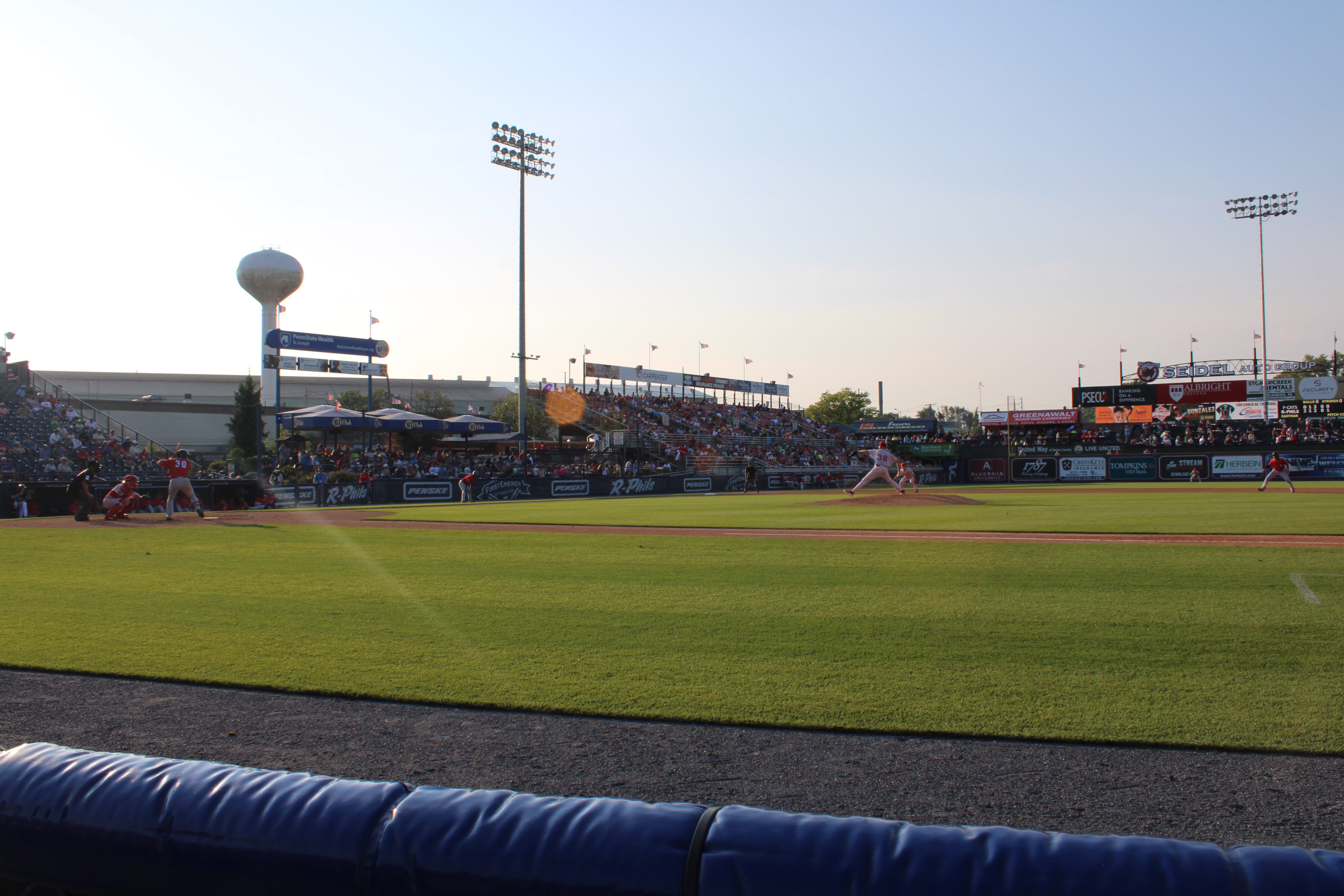
America's pastime: Why baseball?
What is it about baseball that continues to resonate across our country, and throughout the world?
According to historians, baseball bloomed into being as the national pastime in Northeastern and Midwestern U.S. in the 1850s, just before the Civil War. The war itself contributed to the spread of the game, and ultimately its popularity in the reunified country: As soldiers from the North and South slaughtered each other on the battlefield, they also played baseball in the waiting times in between.
The sport proved to be a common denominator regardless of race, class, and geographic location in the aftermath of the war. But racism and segregation were institutionalized in every corner of the country, and America’s pastime was no different.
Here in Philadelphia, one of the city’s most recognized civil rights leaders, Octavius V. Catto, is known for leading the charge in desegregating the trolley system. But he also strove to break down barriers in baseball by leading an all-African-American baseball club, the Pythians, as writer Matt Rothenberg describes in an article for the National Baseball Hall of Fame website. They were barred from competing with all-white, amateur baseball teams, but ultimately faced off against some white teams in the area. After Catto was assassinated on Election Day of 1871, the Pythians disbanded (although their legacy was continued in the form of the Philadelphia Giants, who played in the Negro Leagues from 1902 to 1911).

Catto and the Pythians are one example of how baseball, like many of our sports, has been a language shared by Americans throughout the country’s modern history—at times a language which described and reflected the deep hatred and injustices present in our society. But at other times it has been a language of redemption. A language to put a name to the hopes and visions, the desire that America could be America, one day, though for so many, “America never was America,” to paraphrase the poet Langston Hughes.
Throughout the 20th and 21st century, baseball has continued to play a seminal role in American public and civic life. It has grown into a worldwide phenomenon, taking root in Japan, Cuba, the Dominican Republic, Puerto Rico, Venezuela, and other countries throughout the world.
What is so unique about baseball compared to other sports?
One, it exists outside of time. There is no clock in baseball—only a number of outs that must be completed. As the writer Roger Angell describes it:
RELATED CONTENT
“Baseball's clock ticks inwardly and silently, and a man absorbed in a ball game is caught in a slow, green place of removal and concentration and in a tension that is screwed up slowly and ever more tightly with each pitcher's windup and with the almost imperceptible forward lean and little half-step with which the fielders accompany each pitch. Whatever the pace of the particular baseball game we are watching, whatever its outcome, it holds us in its own continuum and mercifully releases us from our own.”
Though this very factor might be part of the reason why baseball has waned in popularity among younger generations, removal from the rushing pace and instantaneous demands and rewards for our attention that we experience in our modern age has its own appeal.
Baseball is a sport of individual and collective persistence and teamwork, but also distinctly separate challenges apportioned in each play, each at-bat, each one-on-one face-off of pitcher vs. batter. One writer for The Atlantic even recently argued that baseball models our judicial system, and thus provides Americans with a civic education of sorts.
For those of us who love the sport, an important part of the beauty of the game is its unpredictability. As many stats and Moneyball-esque analyses you might have in the front office, as much precision as there is in determining who is the best player for what moment, the joy of the game is that the batter who smokes a rope to the outfield doesn’t always get a hit, while the player on the team with the lowest batting average is sometimes the hero with a swinging bunt. It is a game of chance, existing outside of the regular rules of time and space. Yes, of course, some players can more reliably be depended on to come through in the clutch. But there are few other sports that can match the way in which in baseball, the vagaries of chance and circumstance set the stage for the underdog to become the hero.
There’s a lot more to wax poetic about, and perhaps for the sake of transparency it should be acknowledged that it is the hand of a devout, lifelong baseball fan who is penning (ok, typing) these words. But the appeal for the sport, its place in American culture, and its enshrinement in the hearts of those of us who love the game, all seem a little irrelevant next to the words of Ashanti, one of the Yankees of East Camden featured in our cover story on pg. 12 this week.
Why does she play baseball?
“It’s fun,” she told AL DÍA.
Sounds like the only reason any of us need to get out there and play ball.











LEAVE A COMMENT: